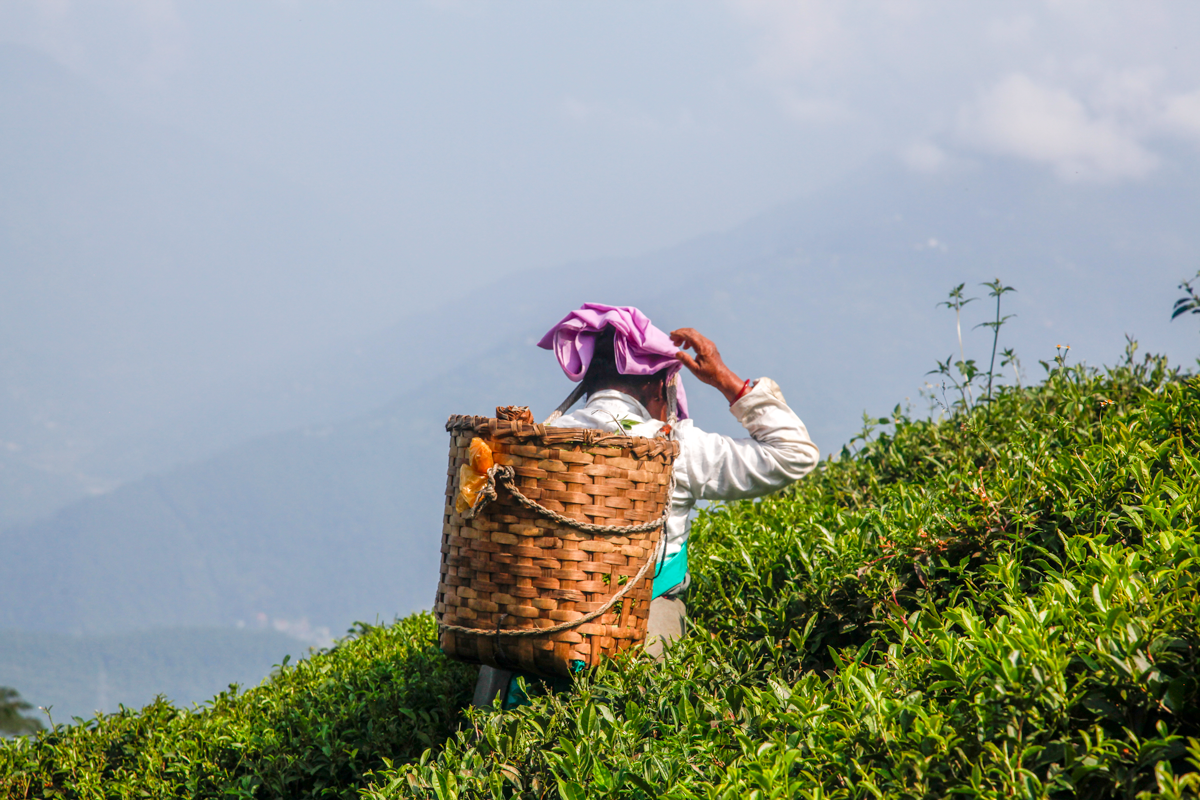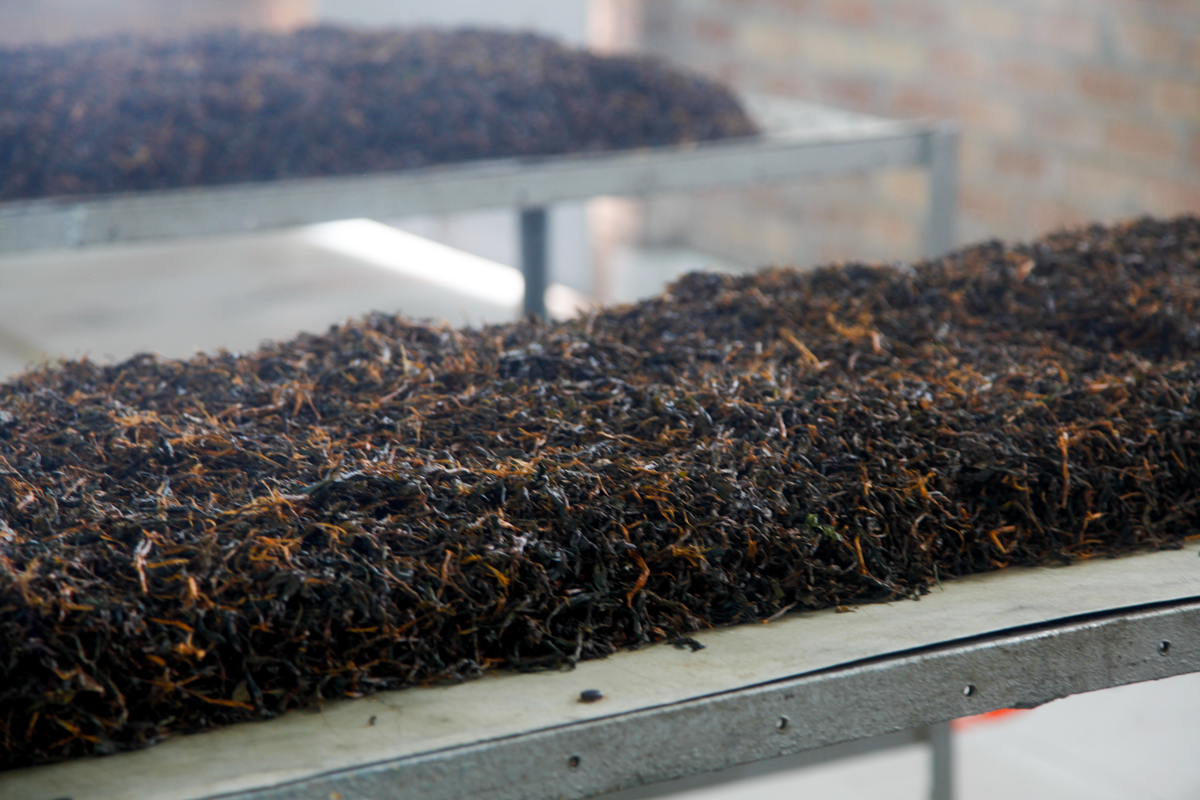Once a year, Palais des Thés brings together its Master Tea Sommeliers. These connoisseurs represent the highest level of expertise. They have acquired an impressive amount of knowledge and earned this coveted and demanding diploma. We are proud to dedicate a day to these experts, a day of shared and diverse experiences. Together, we taste teas and celebrate a mutual passion.
(Photo: Louise Marinig)


